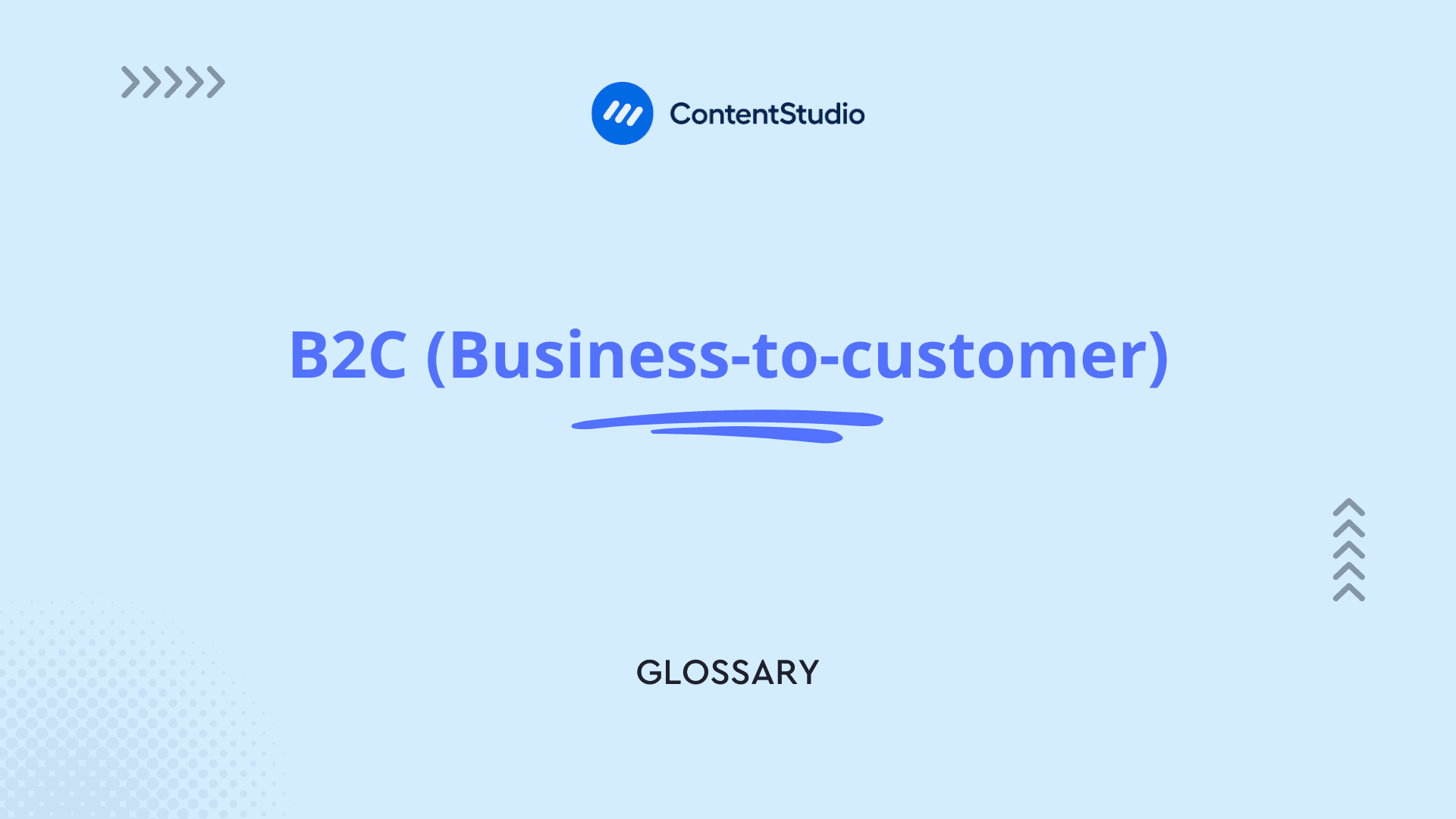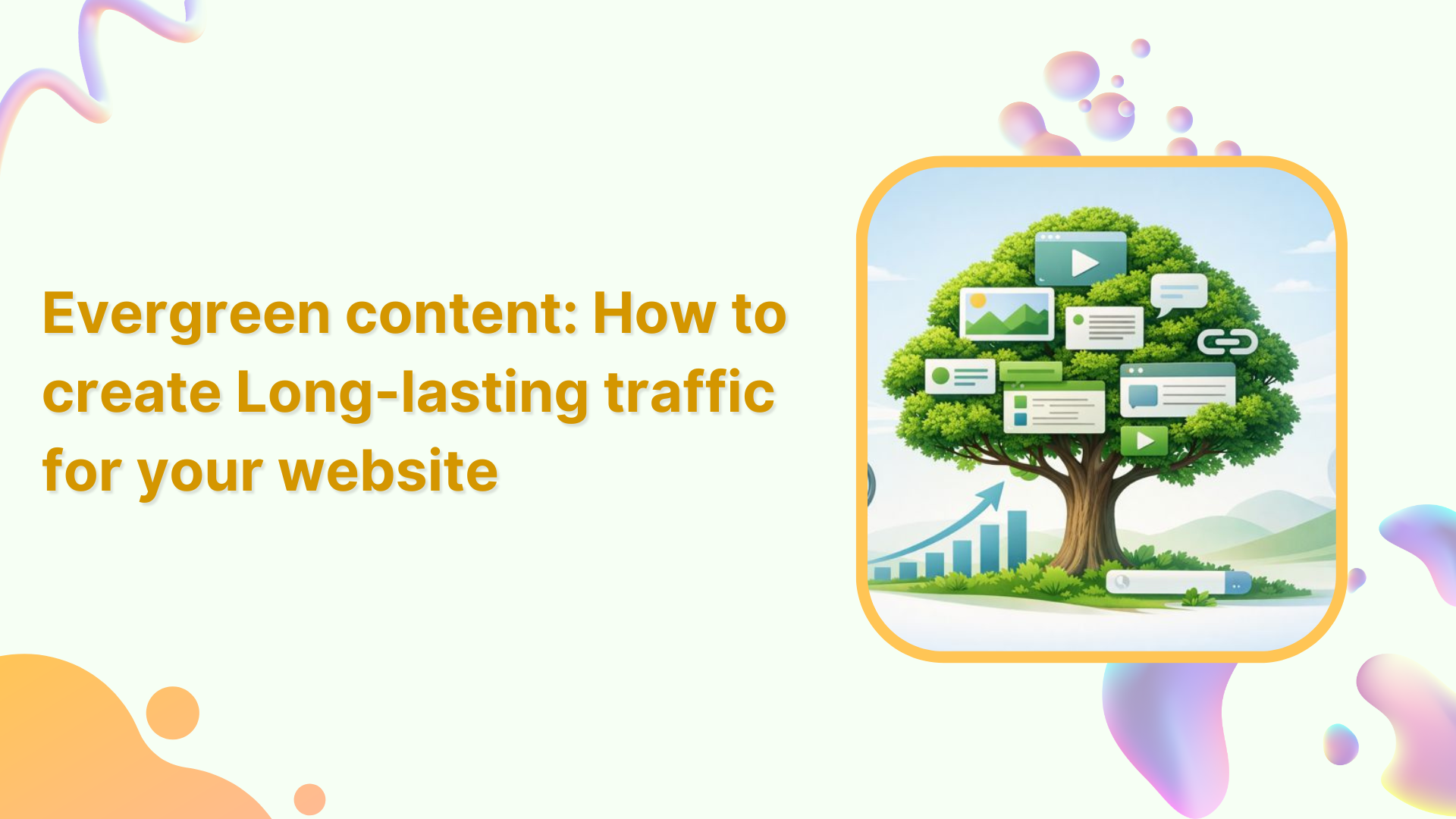Bulk-generate & schedule posts in seconds with Smart Scheduling. Try now!
B2C (Business-to-customer)

What is B2C (Business-to-customer)?
Business-to-customer (B2C) refers to the business model and processes where companies sell products or services directly to individual consumers for personal use.
This direct relationship between businesses and end consumers forms the backbone of retail, e-commerce, and many service industries. Unlike B2B (Business-to-Business) transactions, B2C operations typically involve smaller purchase quantities but higher transaction frequencies.
Key characteristics of B2C marketing
1. Emotion-driven decision making
B2C marketing heavily relies on emotional appeals and creating connections with consumers. While B2B decisions often involve multiple stakeholders and lengthy consideration, B2C purchases are frequently driven by personal preferences, immediate needs, or emotional responses to marketing messages.
2. Shorter sales cycle
The B2C sales cycle is generally shorter than B2B, with consumers making purchase decisions more quickly. This necessitates different social media marketing strategies focused on immediate engagement and conversion.
3. Price sensitivity
Individual consumers are typically more price-sensitive than business buyers. This requires B2C companies to maintain competitive pricing while effectively communicating value propositions through various marketing channels.
B2C marketing strategies
Social media engagement
Social media platforms are crucial for B2C marketing success. Businesses must maintain an active presence across multiple platforms to engage with their target audience. Using social media management tools can help create and maintain consistent engagement with customers.
Content marketing
Creating valuable content that resonates with consumers is essential. This might include:
- Blog posts addressing customer pain points
- Video tutorials
- Engaging social media content
- Email newsletters
- User-generated content
Many successful B2C businesses implement comprehensive content marketing strategies to attract and retain customers.
E-commerce integration
With the rise of digital shopping, B2C businesses must optimize their social media for e-commerce to create seamless shopping experiences. This includes maintaining active social media profiles, implementing social commerce features, and creating engaging product content.
Benefits of B2C marketing
1. Direct customer relationships
B2C marketing allows businesses to build direct relationships with their customers, leading to:
- Better understanding of customer needs
- Immediate feedback on products and services
- Opportunities for personalization
- Enhanced customer loyalty
2. Data-driven insights
Modern B2C marketing provides valuable customer data through various touchpoints. Using social media analytics tools helps businesses understand customer behavior and preferences better.
3. Scalability
Digital B2C marketing channels offer excellent scalability options. Businesses can start small and gradually expand their reach using social media automation and other digital tools.
Challenges in B2C marketing
1. High competition
The B2C space is often highly competitive, requiring businesses to maintain strong brand identity and differentiation.
2. Changing consumer preferences
B2C businesses must stay attuned to rapidly changing consumer preferences and adapt their strategies accordingly. This requires constant monitoring of social media trends and market changes.
3. Customer service demands
Modern consumers expect quick responses and solutions to their concerns. Implementing effective social media customer service strategies is crucial for B2C success.
Best practices for B2C success
- Maintain consistent brand messaging across all channels
- Implement robust customer service systems
- Use data analytics to understand customer behavior
- Create engaging, shareable content
- Optimize for mobile users
- Build strong social media presence
- Implement effective social media monitoring strategies
Remember that successful B2C marketing requires a deep understanding of your target audience and the ability to create meaningful connections through various channels.
By focusing on customer needs and maintaining strong engagement across platforms, businesses can build lasting relationships with their consumers and drive sustainable growth.

Create, plan, schedule, and publish posts on all social media networks
Recommended for you


Powerful social media management software
14-day free trial - No credit card required.


